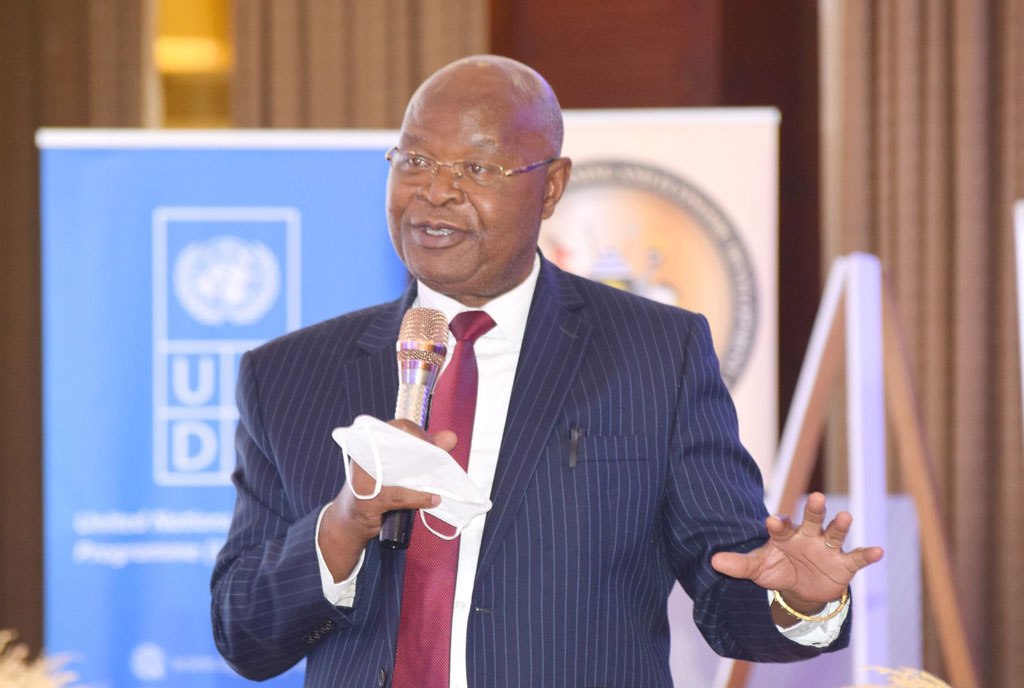Prime
August census to cost Shs336b

The last time Uganda conducted a National Population and Household Census was in 2014. Photo / File
What you need to know:
- This will be the sixth census in post-independent Uganda. The last census was conducted in 2014
Uganda Bureau of Statistics (Ubos) has said it will spend Shs336b on the upcoming National Population and Housing Census due in August.
The money, Ubos said early this week, will be used before, during and after the census on a number of activities, among which include mapping districts, recruiting, training and payment of enumerators and supervisors and procurement of tablets for data transfer.
Speaking during a media briefing in Kampala on Wednesday, Dr Chris N Mukiza, the Ubos executive director, said a census is a huge and expensive undertaking that requires money to return accurate and relatable data sets.
However, he said, the money will be raised in two traches of Shs160b and Shs176b mobilised in two different financial years.
Ubos is expected to recruit 110,000 enumerators, who will be trained and deployed in different sub-counties across the country.
However, Dr Mukiza said the recruitment will be done by the district chief administrative officers.
Ubos will also buy 139 tablets at a cost of Shs132.1b, which will be key in transferring data from various census enumerators to aggregation points and data centres.
A census provides a snapshot of the state of a country’s population, which is a key statistical data through which governments are able to tell the structure of the country’s demographic as well as plan for social and economic programmes that can sufficiently impact the population.
Uganda is currently estimated to have a population of about 45 million people, 75 percent of which are below the age of 15 years.
The country also faces a high dependence level due to a largely young population, while the elderly are exposed due to low levels of social security.
Uganda last conducted a national census in 2014 at an estimated cost of Shs75b.
This will be the sixth census in post-independent Uganda, through which the country has attempted to create both long and short-term plans.
Dr Mukiza indicated that the upcoming census will be paperless with enumerators using tablets to enter data, which will be sent directly to data centres.
Therefore, he said, there was need to expand Ubos’s data processing servers, data spreads and outlays.
“We [shall be] validating data. If we find that one person has been counted twice [that will be] disqualified because it will automatically indicate to us double counting,” he said, noting that census will take 10 days, after which a preliminary report will be released within two months, with the final report be released in June 2024.
Dr Mukiza also indicated that Ubos has so far completed mapping of 40 districts, which covers 56 percent of the households, while in 49 districts partial mapping of between 68 percent and 93 percent has been achieved .
Mapping of the cities, he said, will be done 10 days to the census nights, with the census conducted during day time to determine the number of people in the city during a particular time.




